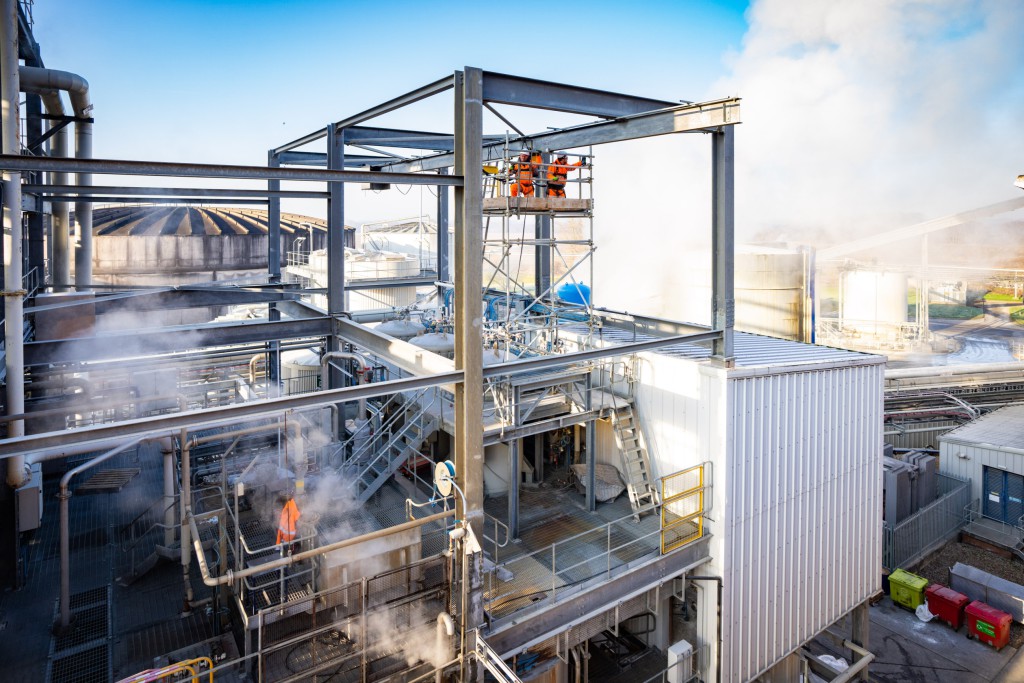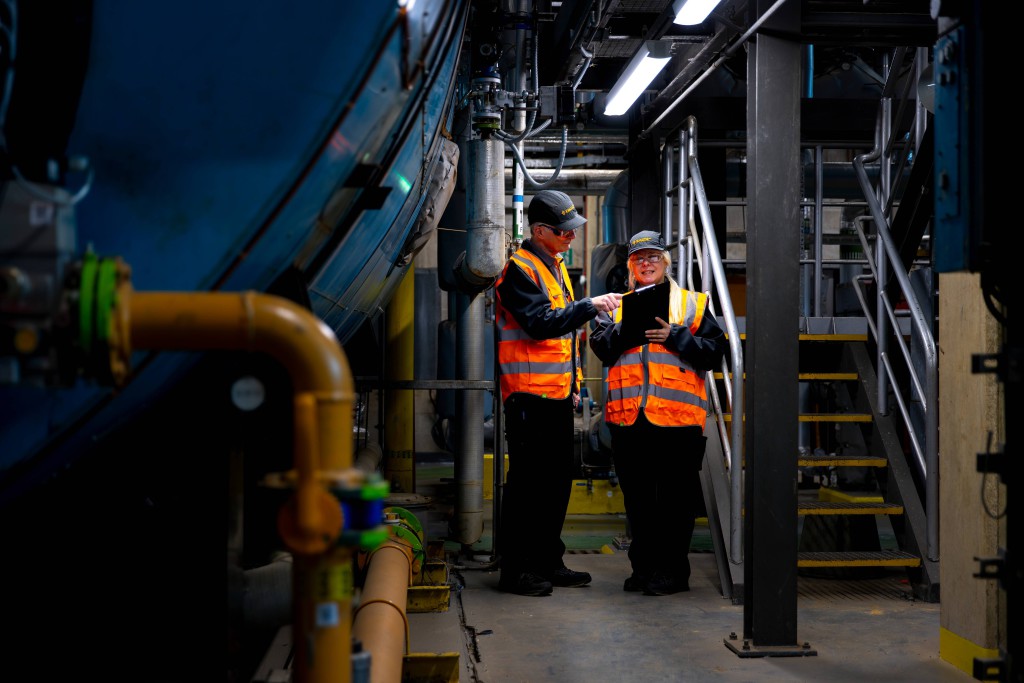The golden thread

Hard facilities management organisations have many moving parts to balance, which require regular communication structures and a unified vision. For EMCOR UK’s Matt Kent, engineering is the golden thread that should run through the industry, to ensure its successful future during a period of recruitment struggles.
For facilities managers (FMs), success often hinges on balancing a complex array of services. Within hard FM, engineering plays a critical role in keeping operations running smoothly, aligning services with customer goals and addressing broader challenges like sustainability and workplace wellbeing. Engineering is the golden thread that unifies these efforts, supporting innovation and collaboration across the industry.
Unlocking customer collaboration through engineering
Engineering is central to helping FMs and their customers meet evolving demands. For instance, adapting to fluctuating office occupancy requires more than reactive measures. Engineers can deploy sensors to optimise asset use – like lighting or air conditioning – based on real-time data. This improves energy efficiency and enhances employee wellbeing through better indoor air quality (IAQ), which supports productivity.
This data can inform wider workplace strategies, such as decarbonisation initiatives or reshaping building operations to match organisational goals. To achieve this, FM providers must integrate engineering expertise at every stage of the customer journey – from strategic planning to daily operations. Strengthened collaboration between engineers, data specialists and estate managers ensures customers achieve meaningful, measurable results.
Engineering also plays a pivotal role in future-proofing facilities. As customer needs evolve, so must the systems and processes that support them. Engineers can design adaptable infrastructures that accommodate changing technologies, ensuring businesses remain agile and competitive.
This foresight not only drives operational efficiency but also helps customers anticipate and navigate emerging challenges, such as climate change or compliance legislation.
Advanced Legionella detection is an example of how engineers can support compliance. It is a statutory requirement to routinely check the temperature of water in all commercial water systems, but when done manually with a thermometer, there is a risk that it may be non-compliant between checks. This creates both a health and a legal risk.
Smart sensor technology can monitor and action when a building’s systems need to be flushed, which greatly reduces the danger of Legionella developing, and makes compliance much easier to achieve.
Enhancing internal communication
Effective collaboration starts with clear communication within FM providers. Defined roles, adaptable strategies and robust governance structures ensure all teams remain aligned. At EMCOR UK, we have engineering steering committees and compliance working groups that provide a framework for sharing insights and responding to market changes.
However, it’s not just about meetings; it’s about creating a culture of integration where engineering is embedded across all specialisms. This holistic approach equips teams to proactively meet customer needs, rather than operating in silos.

Such integration is particularly valuable when tackling complex, cross-disciplinary challenges. For instance, aligning engineering initiatives with data-driven insights can reveal opportunities to optimise resource allocation or streamline maintenance schedules. Similarly, collaboration between engineers and sustainability teams can uncover innovative solutions for reducing energy consumption and carbon emissions. These collaborations highlight the importance of treating engineering as a central, rather than peripheral, component of FM strategies.
Addressing the talent pipeline
The FM industry faces significant challenges in recruiting and retaining skilled engineers. According to the British Chambers of Commerce, 82% of construction and engineering businesses report recruitment difficulties. This talent gap highlights the need for FM providers to showcase the career potential within the sector.
Frontline engineers are vital to FM success. Their expertise in maintaining and optimising complex systems underpins every aspect of service delivery. However, they need clear pathways for career progression. Providing upskilling opportunities, such as advancing to chartered status or transitioning into leadership roles, demonstrates that engineering is a dynamic and rewarding profession.
Mentorship and professional development programmes can also play a key role in attracting and retaining talent. By pairing junior engineers with experienced professionals, organisations can nurture the next generation of leaders while developing a culture of knowledge sharing. Additionally, celebrating engineering achievements – both internally and externally – can elevate the profession’s profile and inspire others to pursue it as a career.
A call to action
Engineering in FM offers unparalleled opportunities for problem-solving, innovation and impact. The profession’s breadth – from designing Net Zero solutions to driving estate efficiency – makes it ideal for those with a curious mind and a commitment to excellence. To secure the future of FM, the industry must champion these opportunities widely, attracting and retaining the talent it needs to thrive.
For customers, the message is clear: engineering isn’t just about maintaining the status quo. It’s the key to unlocking transformative solutions that drive operational efficiency and align FM services with strategic goals. By embracing the golden thread of engineering, FMs can elevate their impact and deliver lasting value.
To realise this vision, FM providers must act decisively. Investing in technology, supporting interdisciplinary collaboration and prioritising the development of engineering talent are essential steps. With these measures in place, engineering can continue to serve as the backbone of FM, guiding the industry toward a more sustainable, innovative and customer-focused future.







